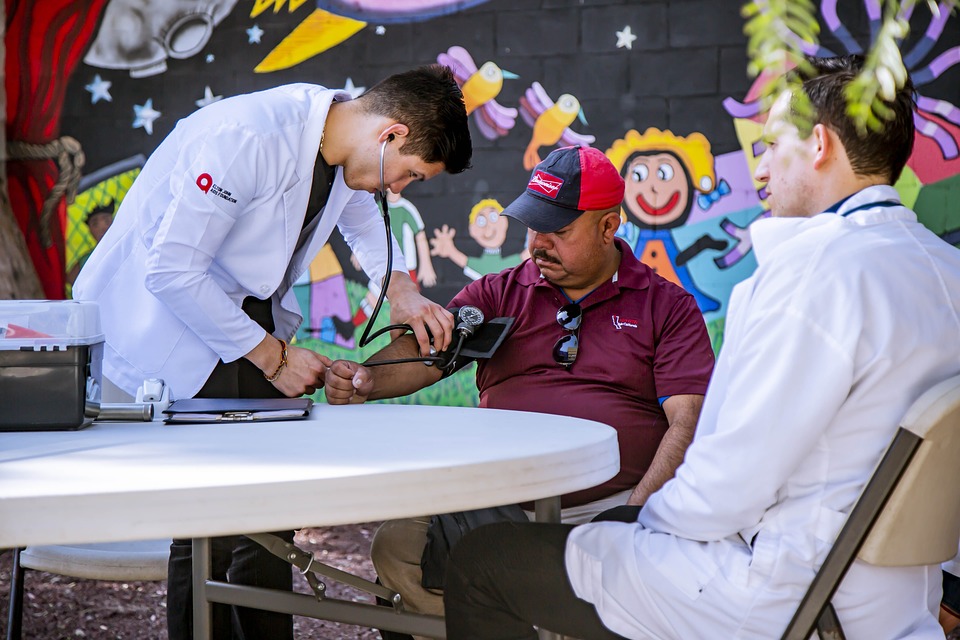
Hispanics are one of the country’s largest ethnic groups and one of the fastest growing demographics, making up 17 percent of the U.S. population. As a group with higher rates of chronic disease, they face barriers navigating the health care system. These barriers include language and cultural differences, lack of education, health literacy, and a dearth of information.
Dr. Yanira Cruz, President/CEO of the National Hispanic Council on Aging (NHCOA), stresses that cultural factors may reduce equality in health care assistance for the Hispanic community and the opportunity to receive appropriate information from health care providers, in comparison to other ethnic groups.
“Some Hispanics rely on faith rather than medical treatment when faced with health issues. On occasion, when the resources and concepts are not clarified for patients, they will have doubts about the treatments effectiveness or how programs work. A relationship built on trust is essential in our culture.”
Hispanic older adults want to feel a personal connection with their doctors. They want to be able to trust that the person they are speaking with is giving them correct information, and precisely, this is one of the challenges health care providers face: cultural competence.
Let’s define culture as “a term that goes beyond just race or ethnicity,” which, according to SAMHSA, includes “characteristics such as age, gender, sexual orientation, disability, religion, income level, education, geographical location, or profession.” To be culturally competent means “to be respectful and responsive to the health beliefs and practices—and cultural and linguistic needs—of diverse population groups.”
To be able to speak the same language is not enough. The words that are spoken in the Hispanic community in Los Angeles, for instance, are not the same as the Hispanic community in New York. This is why a good understanding of the community is required.
The doctor-patient relationship has a huge impact on the health of Hispanic older adults, and sometimes it is negative.
Dr. María Montoya from NOVA Southeastern University agrees that “health care providers have to improve and humanize interaction when treating Hispanic older adults and they have to start in their classrooms, while the medical students are in the process of training.”
Doctors and nurses should be treating patients as human beings and not as a statistical numbers.
According to the World Medical Association, every doctor should:
- Build the doctor-patient-family relationship based on confidence.
- Protect the patient’s confidentiality.
- Guide patients and caregivers during post medical consultation.
Fortunately for health care providers, there are many resources to learn, understand, and practice cultural competence. For example; The Office of Minority Health established the Center for Linguistic and Cultural Competency in Health Care to address the health needs of populations who speak limited English.
The Administration for Community Living and HHS Public Affairs collaborated on the development of an online training tool for staff of long-term care facilities entitled “Building Respect and Dignity for LGBT Older Americans in LTC.”
The attention being focused on this issue as demonstrated above reflects why NHCOA has chosen to adopt this important message as an integral part of their agenda.
The opinions expressed in this article are those of the author and do not necessarily reflect those of the Diverse Elders Coalition.
